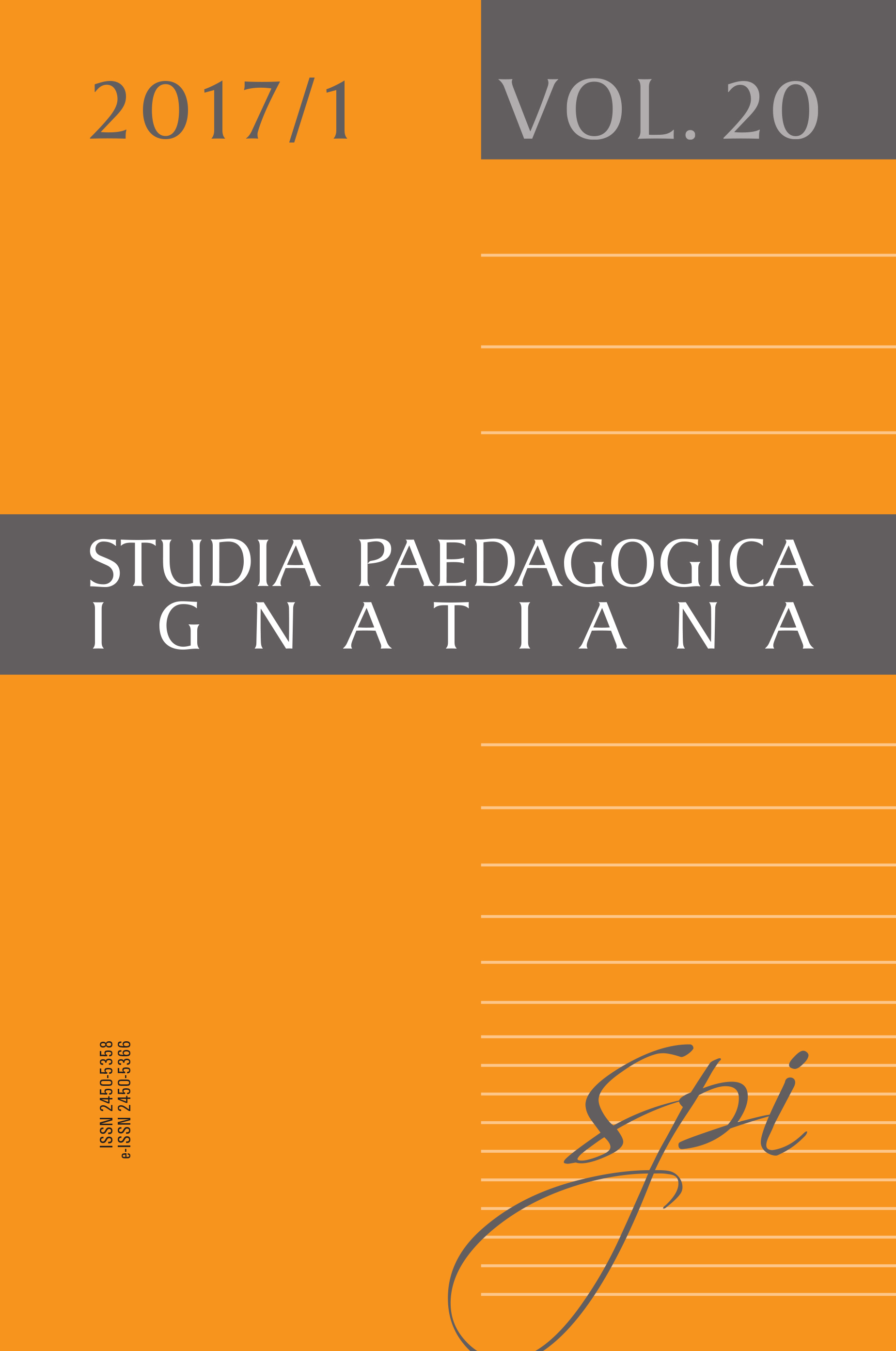Homo Perfectus versus Educatio: Philosophical Reflections on Transhumanism and Education
Homo Perfectus versus Educatio: Philosophical Reflections on Transhumanism and Education
Author(s): Pavol DancákSubject(s): Philosophy, Social Sciences, Education, Social Philosophy
Published by: Uniwersytet Ignatianum w Krakowie
Keywords: man; education; transhumanism; perfectionism; reduction
Summary/Abstract: A new form of intervention into what it means to be human is currently emerging. It is an effort to purposely transform the very nature of man, which at once becomes some kind of a material to be worked on, the same as other components of nature are for man. This new emerging form of intervention into human existence extends beyond the humanistic ways and aims at the cultivation of man. Homo perfectus is a transhumanist perspective which calls for perfecting man, while stressing the enhancement of the human body and its performance, or his cognitive capacities. At the same time, the human characteristic of creative action is being marginalized. As a result, such a perspective neglects not only the dimensionality of man, but also his finality. The concept of the homo perfectus creates a pessimistic image of man and rejects man’s intrinsic, biologically limited humanness in expectation of gaining greater control over our lives. The image is not an image of the enhancement of human nature and his full realization, but it is rather an image of a battle against what was once given to man. In this paper, I will present the contradiction that arises in connection to the concept of homo perfectus and point out the significance of the concept of educatio in connection to human existence. Education becomes a prerequisite of human existence; without education, man would not be able to gain his freedom. Education is not only a preparation for certain life performances but it also guides us out of every partialness, every isolation in the sphere of personal limited interests into a space that can be open towards one and only human direction, that is a direction from the partial to the whole.
Journal: Studia Paedagogica Ignatiana
- Issue Year: 20/2017
- Issue No: 1
- Page Range: 57-71
- Page Count: 15
- Language: English

